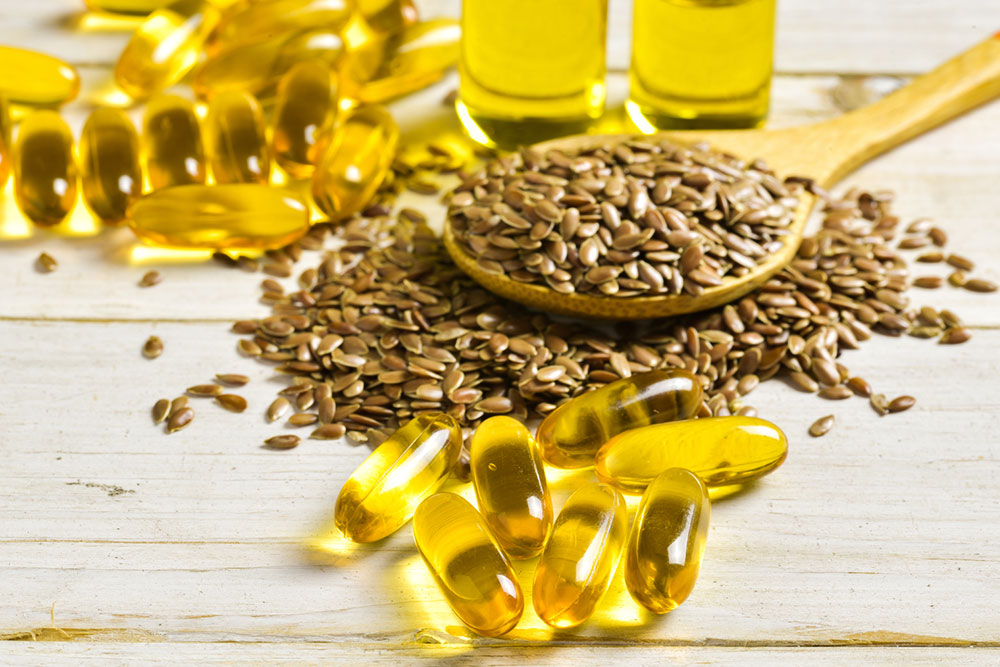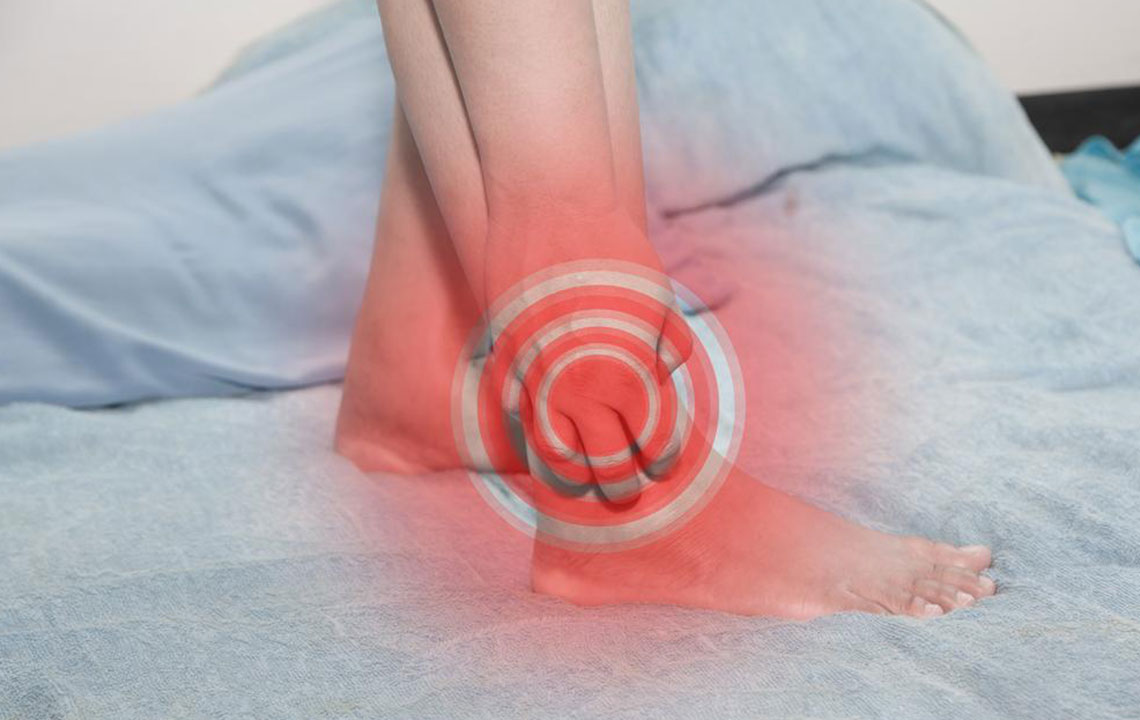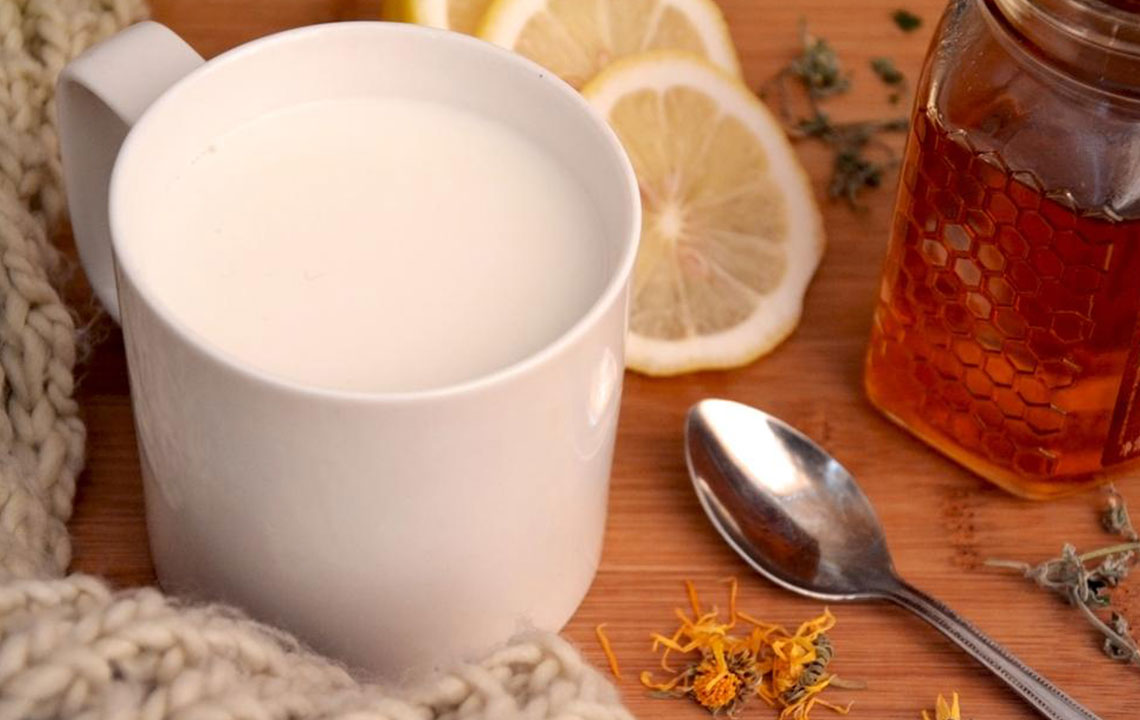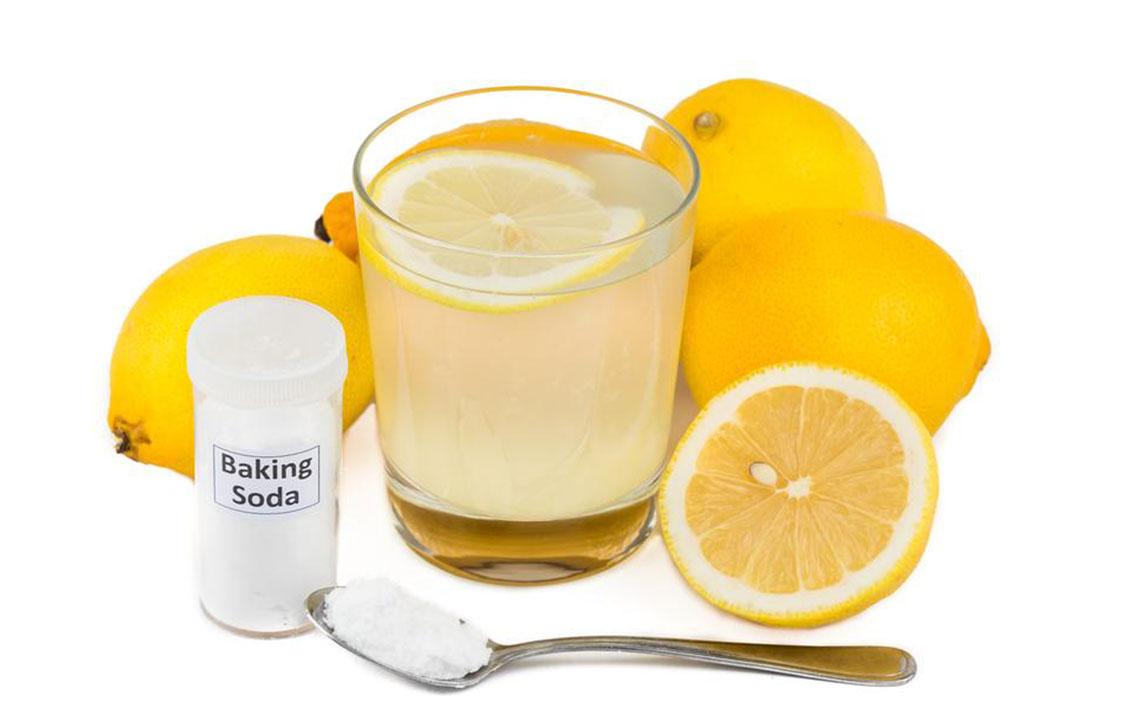Comprehensive Natural Strategies for Managing Gout Pain and Inflammation
Explore comprehensive natural strategies for managing gout, including dietary changes, supplements like cherry juice and celery seed extract, and lifestyle tips. This holistic guide offers effective ways to reduce uric acid, alleviate pain, and prevent flare-ups, highlighting the importance of nutrition, hydration, and medical consultation for optimal gout care.

Comprehensive Natural Strategies for Managing Gout Pain and Inflammation
Gout is a complex form of inflammatory arthritis caused primarily by the accumulation of uric acid crystals in the joints. Elevated levels of uric acid, a waste product produced when the body breaks down purines, lead to sudden and intense episodes of joint pain, swelling, redness, and tenderness. Managing gout effectively requires a multifaceted approach that combines dietary modifications, natural remedies, lifestyle changes, and medical intervention when necessary. This holistic approach not only helps in alleviating symptoms but also in preventing future flare-ups and long-term joint damage.
Understanding Gout and Its Causes
Gout occurs when the body either produces too much uric acid or excretes too little through the kidneys. This excess uric acid can crystallize and deposit in the joints, especially in the big toe, ankles, knees, and elbows. Factors contributing to gout include genetic predisposition, obesity, excessive alcohol consumption, certain medications, and diets rich in purines. It is crucial to understand these underlying factors to tailor effective management strategies.
Dietary Strategies to Reduce Gout Symptoms
Diet plays a pivotal role in managing gout. Foods rich in purines, such as red meats, organ meats, shellfish, and certain fish like sardines and mackerel, should be limited. Additionally, high-sugar foods and beverages, especially those containing fructose, exacerbate uric acid production. Processing foods and alcohol, including beer and spirits, are known triggers for gout attacks. Instead, a focus on a balanced diet centered around vegetables, fruits, whole grains, and lean proteins can significantly help control uric acid levels.
Promoting hydration is equally vital. Drinking plenty of water helps dilute uric acid in the bloodstream and facilitates its elimination through the kidneys. Incorporating alkaline-forming foods such as leafy greens, cucumbers, and melons can further assist in maintaining a healthy pH balance, reducing gout flare-ups.
Key dietary tips include:
Limiting high-purine foods like organ meats, shellfish, and certain fish
Reducing intake of sugary and processed foods
Emphasizing fruits, especially cherries and berries, which contain natural compounds beneficial for gout
Choosing alkaline foods that support body pH balance
Maintaining adequate hydration with water or herbal teas
Natural Remedies to Aid Gout Management
Alongside dietary adjustments, various natural remedies have been studied for their effectiveness in reducing uric acid levels and alleviating gout symptoms. These substances possess anti-inflammatory and antioxidant properties that contribute to joint health and overall well-being.
Celery Seed Extract
Celery seed contains compounds such as ferulic acid, caffeic acid, and flavonoids like quercetin, which have demonstrated uric acid-lowering and anti-inflammatory effects. Incorporating celery seed extract as a supplement or consuming fresh celery seeds in your diet can be beneficial for gout sufferers.
Black Cherry Juice
Black cherries and their juice are rich in anthocyanins and antioxidants that help reduce uric acid production and mitigate inflammation. Regular consumption of black cherry juice has been associated with a decreased risk of gout attacks, especially when used alongside prescribed medications.
Nettles
The anti-inflammatory properties of nettles make them a natural option for gout relief. Drinking nettle tea or taking nettle supplements can assist in reducing joint pain and swelling associated with gout.
Omega-3 Fatty Acids from Fish Oil
Fish oil supplements, rich in omega-3 fatty acids, are well-known for their anti-inflammatory effects. Regular intake can help decrease joint tenderness and pain during gout flare-ups.
Proteolytic Enzymes, such as Bromelain
Derived from pineapples, bromelain facilitates protein digestion and helps reduce uric acid buildup, inflammation, and swelling in affected joints.
Apple Cider Vinegar
Apple cider vinegar is believed to help alkalize the body, making it less hospitable to uric acid crystal formation. Consuming one to two tablespoons diluted in water daily can support gout management. Its topical application, such as compresses, may also offer relief.
Baking Soda
Alkalizing the body with baking soda (sodium bicarbonate) can alleviate gout pain. Dissolve half a teaspoon in water and consume up to three times daily. However, individuals with high blood pressure or kidney issues should consult a healthcare provider before use.
Ginger
Known for its potent anti-inflammatory properties, ginger can reduce joint pain and swelling. Making ginger tea or applying ginger paste to affected areas can provide natural relief.
Hydration and Additional Home Remedies
High fluid intake is essential. Drinking 8-12 glasses of water daily promotes the excretion of uric acid. Epsom salt baths, which contain magnesium, help relax muscles, reduce pain, and improve circulation. Ensuring rest, elevating affected joints, and avoiding strenuous activities also support recovery during gout flare-ups.
Consultation and Medical Management
While natural remedies and lifestyle adjustments can significantly aid in controlling gout symptoms, it is critical to work closely with a healthcare professional. Uric acid-lowering medications such as allopurinol or febuxostat may be prescribed for long-term management. Always inform your doctor before starting any new supplement or home remedy, especially if you are on other medications or have underlying health conditions.
In conclusion, managing gout effectively involves a combination of dietary modifications, natural remedies, lifestyle changes, and medical guidance. By adopting a comprehensive approach, individuals can reduce the frequency and severity of gout attacks, improve joint health, and enjoy a better quality of life.





